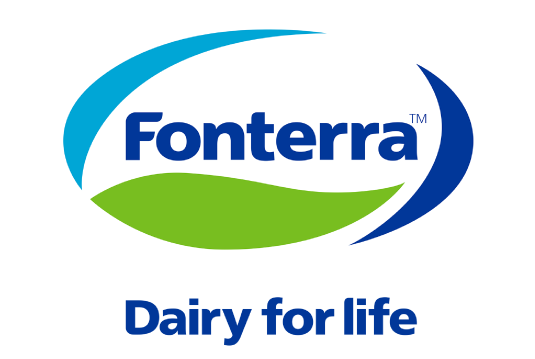Stepping up our efforts to help tackle waste
Fonterra is stepping up its efforts to help tackle waste, including setting new 2025 targets. Director of Sustainability Carolyn Mortland explains.
“Waste not, want not” – the old adage our grandmothers taught us has come back full circle.
Across New Zealand and the world, households and businesses are grappling with the challenge of how to deal with waste. The world generates around 3.5 million tonnes of plastic and other solid waste every day – 10 times the amount a century ago, according to the World Bank. Meanwhile about a third of all food produced is lost or wasted. We can all agree this waste is bad, but the hard part is around what to do with it.
At Fonterra, we’ve been taking a hard look at our own waste and how we can reduce our impact. We’ve announced two key targets: to send zero solid waste to landfill by 2025 and to have 100% recyclable, reusable or compostable packaging by 2025.
This is not only the right thing to do but has also become increasingly important as more and more consumers are choosing products that are environmentally friendly.
Around 90% of Fonterra’s products sold in New Zealand are already recyclable, which is great progress. But these new targets stretch across our global footprint.
We export 95% of our local production to more than 140 countries, so our supply chain is complex and there’s different infrastructure in each market. New Zealand has its own challenges – like the fact that Auckland is currently the only city with the facilities to fill glass bottles. For glass to be a more sustainable alternative to plastic, bottles must be re-used several times before recycling. Moving heavy glass around the country and back-and-forth to Auckland for cleaning and re-using would use a lot of emissions. We’ve certainly looked into it, but without a well-developed nationwide system to sterilise and fill bottles for re-use at scale, it’s unfortunately not viable for us at this time.
Another challenge is to ensure our uncompromising standards of food safety and quality are maintained with whatever packaging we use. Packaging can also extend the shelf-life of a product and therefore reduce food waste. So, it can be a balancing act.
Achieving our new targets will require innovative thinking and collaboration. That means building on the work we’re already doing with Future Post to recycle Anchor milk bottles into fence posts, and SKYCITY to turn bottles into shampoo, conditioner and lotion bottles. It also means continuously improving in the areas of manufacturing and distribution. Examples of this include diverting dairy by-products from landfill through Fonterra’s subsidiary NZAgbiz and converting used pallets into woodchips for playgrounds with the help of Timpack and Enviromulch. It’s part of our effort to move towards a circular economy.
We’re not the first to come up with these kinds of targets, but we believe that we have an important role to play in doing our bit, and perhaps inspiring other brands and companies to consider the impact of their waste and packaging on the environment.
This is part of our wider efforts to improve and reduce our environmental footprint across all aspects of our business. We believe in putting sustainability at the heart of everything we do. And that means being genuine about our approach and playing our part. We care about New Zealand’s natural environment and are committed to protecting and regenerating it for generations to come.
Tackling the waste problem won’t be easy. But we can get there with a collective effort by everyone – from Government, local and regional councils, businesses, scientists, community groups and consumers.
To read more about Fonterra’s progress towards sustainability click here.

